At the Hanoi bridge, the workshop was attended by comrades: Professor, Dr. Nguyen Xuan Thang - Politburo member, Director of the Ho Chi Minh National Academy of Politics, Chairman of the Central Theoretical Council; Dr. Nguyen Thanh Nghi - Member of the Party Central Committee, Head of the Central Policy and Strategy Committee; Dr. Hoang Trung Dung - Member of the Party Central Committee, Editor-in-Chief of the Vietnam Communist Magazine; representatives of leaders of ministries, departments, and central branches...
Attending the workshop at Lao Cai province were leaders of departments, branches and the Provincial Association of the Elderly.
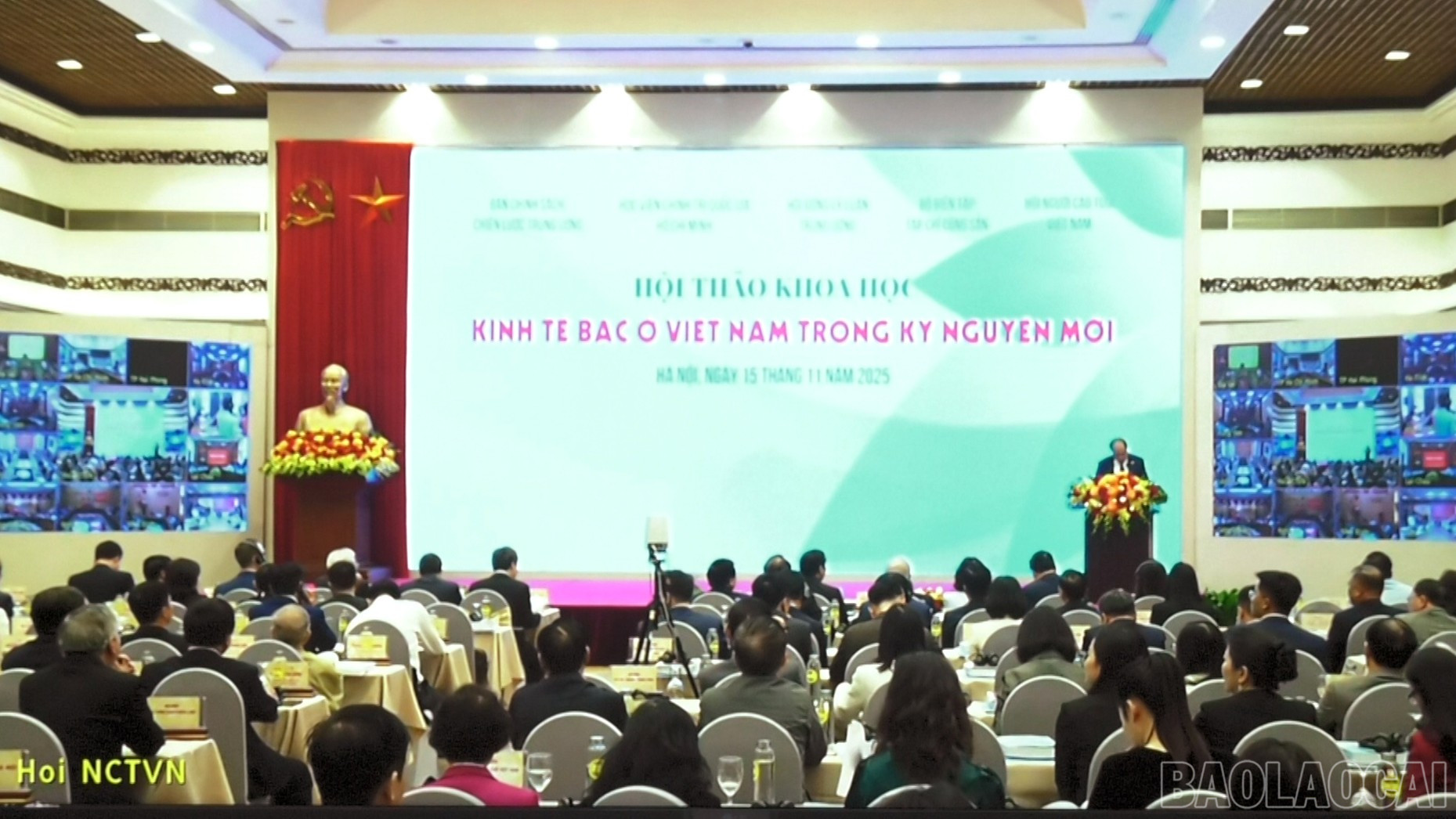
Vietnam has officially entered the population aging phase since 2011 and is expected to become a country with an aging population by 2036. Currently, more than 13% of our country's population is 60 years old or older and this number may exceed 20% in less than 15 years. These figures show that Vietnam is entering the population aging phase.
In that context, silver economy - a model of exploiting the economic and social potential of the elderly - is being seen as an important component of the national development strategy.
The silver economy, a concept that encompasses all economic activities related to the consumption of goods and services by people aged 50 and over, is becoming an inevitable trend as the global population ages. The term first appeared in Japan in the 1970s, a country with the highest proportion of people over 65 at that time, to refer to the market for seniors in diverse fields such as healthcare, banking, automobiles, housing, telecommunications, entertainment and tourism.
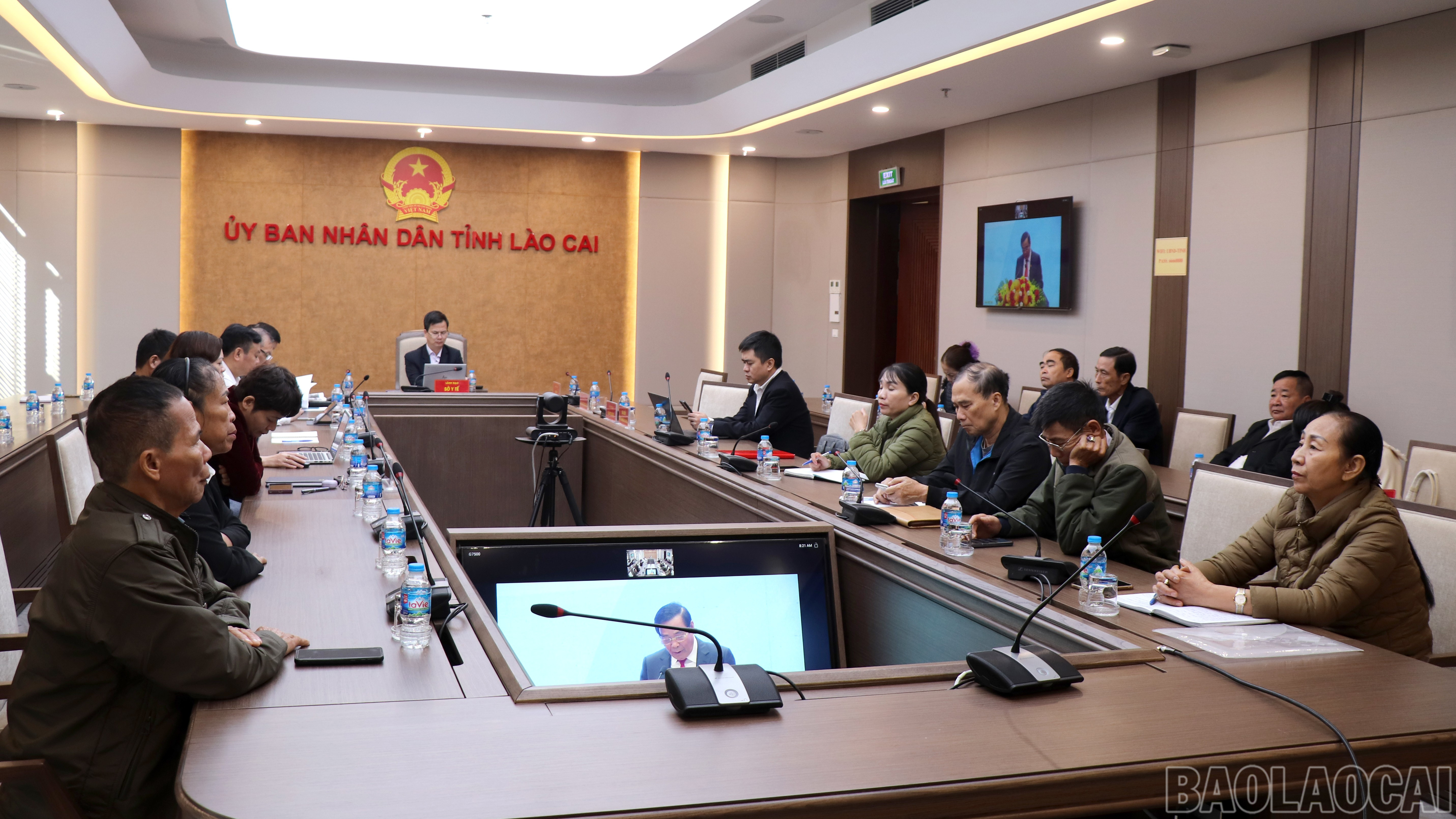
Lao Cai currently has more than 186,000 elderly people - a force that plays an increasingly important role in the economic and social life of the province. In recent years, the province has focused on implementing many support programs, encouraging the elderly to participate in production and business, promoting their accumulated experience and knowledge.
Thanks to that, the province has seen the emergence of many production models led by the elderly, including more than 620 farm and business owners and nearly 2,700 elderly people who are good at doing business. Although this figure only accounts for a portion of the total number of elderly people in the province, it clearly shows great potential if properly supported.
Not only do they continue to contribute to the economic field, the elderly also play a pivotal role in building cultural life, preserving traditions and spreading community values. This is a valuable social resource that many countries value in planning long-term development strategies.
The presentations at the workshop comprehensively analyzed the spending trends, service needs, labor participation, intellectual contributions and experiences of the elderly population. At the same time, many successful economic models from Japan, Korea, Germany and China were presented, showing that the silver economy is becoming a new growth driver, linked to high-quality healthcare, smart technology, pension finance and long-term care services.
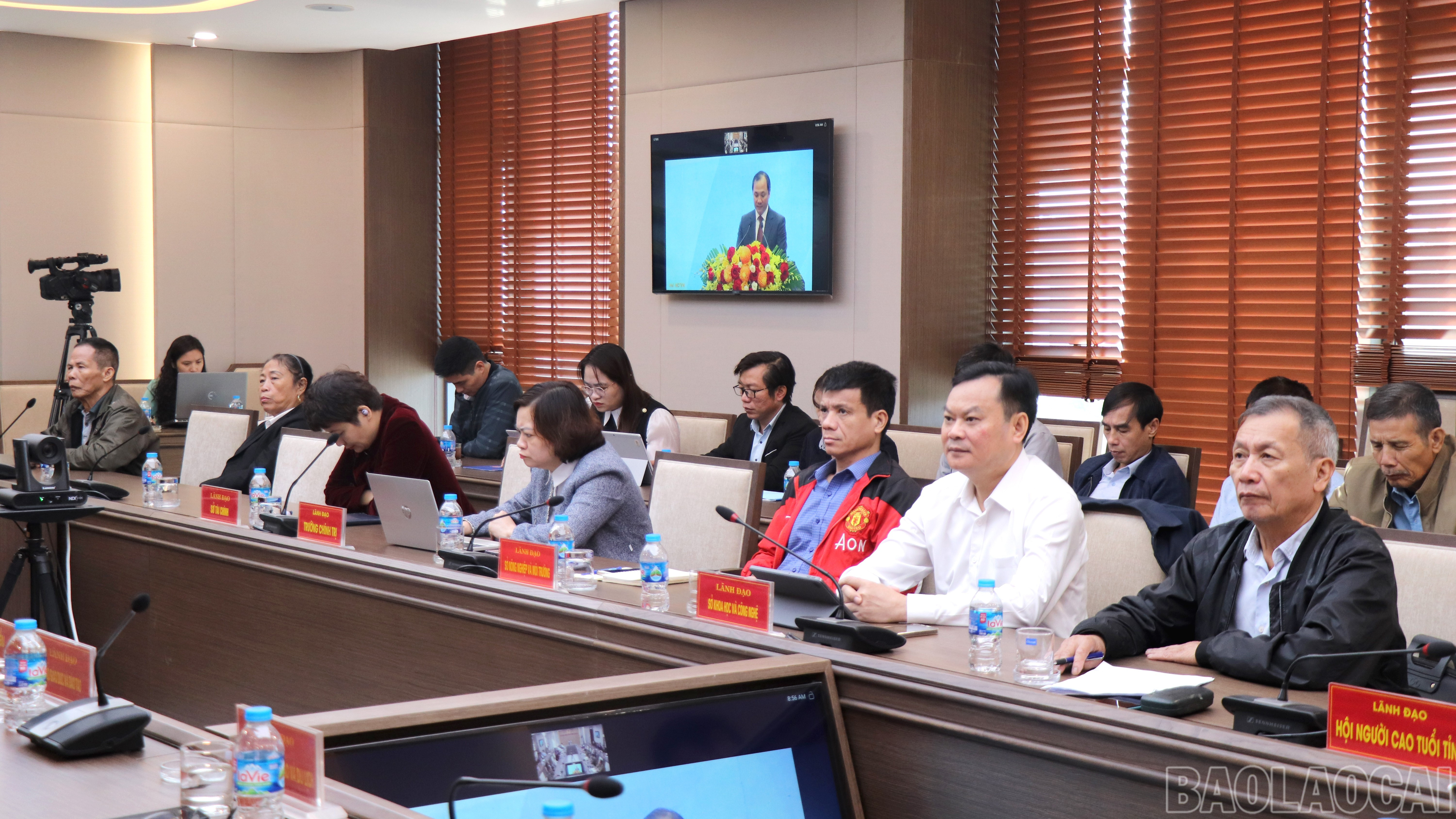
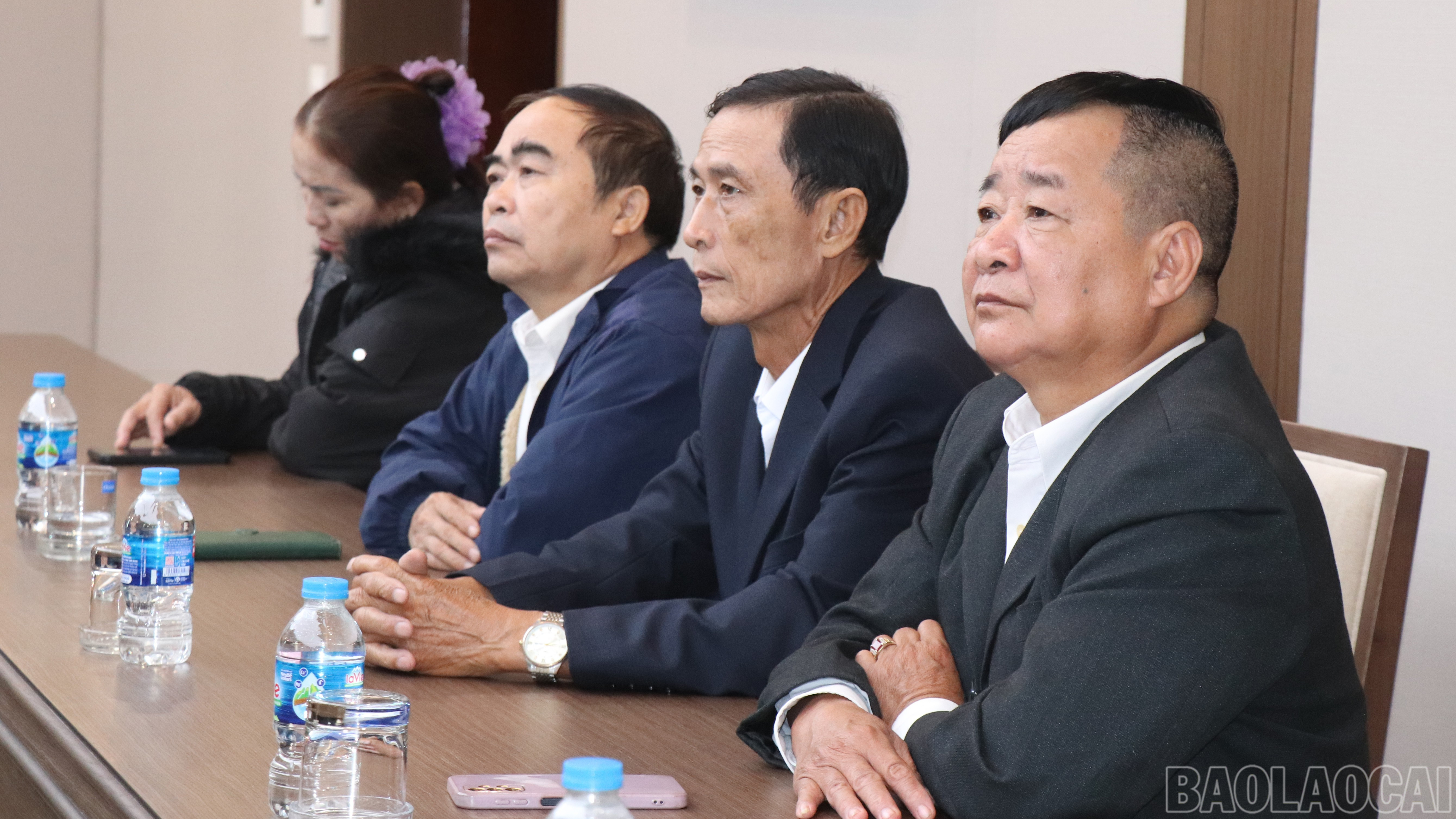
At the workshop, delegates affirmed that the elderly are not only beneficiaries of policies but also an important resource that needs to be strongly promoted. Completing policies related to health, education, social security, and suitable employment opportunities, along with investing in developing an ecosystem of products and services for this population group, is considered an urgent task in the coming period.
The workshop results will be an important basis for central and local agencies to refer to in the process of drafting Party documents, perfecting national policies on the elderly for the period 2025 - 2035, with a vision to 2045; at the same time, opening up a new approach for localities such as Lao Cai in exploiting the economic potential associated with sustainable development.
Source: https://baolaocai.vn/lao-cai-tham-du-hoi-thao-khoa-hoc-kinh-te-bac-o-viet-nam-trong-ky-nguyen-moi-post886828.html


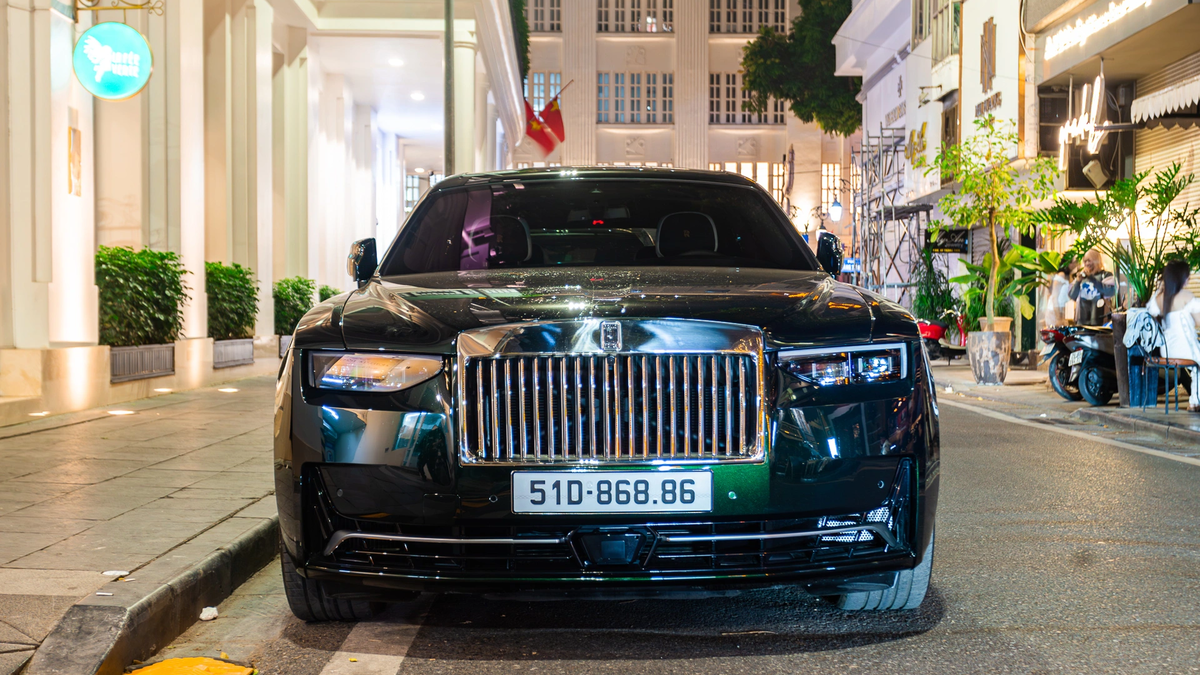


![[Photo] General Secretary To Lam receives Vice President of Luxshare-ICT Group (China)](https://vphoto.vietnam.vn/thumb/1200x675/vietnam/resource/IMAGE/2025/11/15/1763211137119_a1-bnd-7809-8939-jpg.webp)
![[Photo] Prime Minister Pham Minh Chinh meets with representatives of outstanding teachers](https://vphoto.vietnam.vn/thumb/1200x675/vietnam/resource/IMAGE/2025/11/15/1763215934276_dsc-0578-jpg.webp)

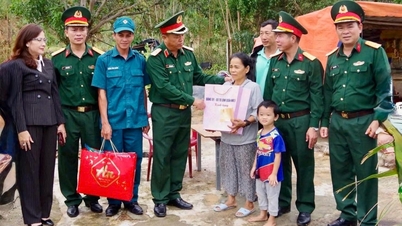




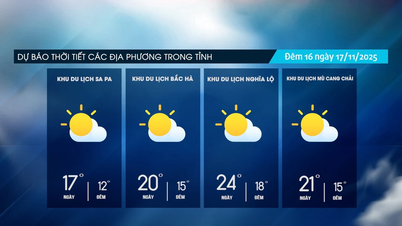
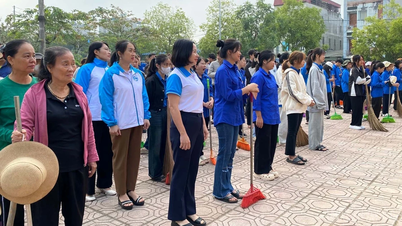
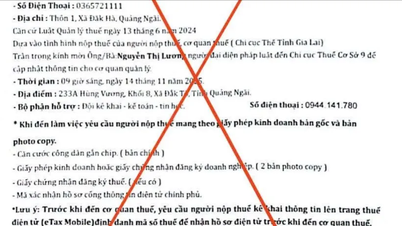





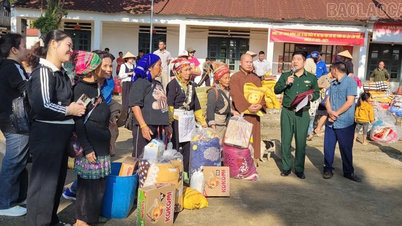
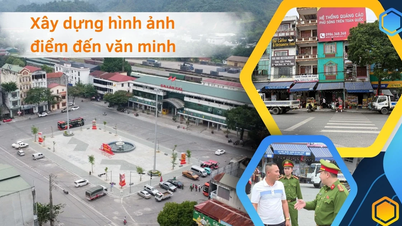
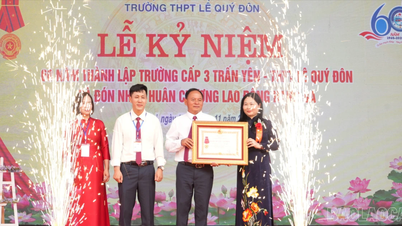
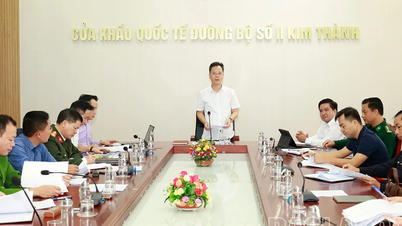
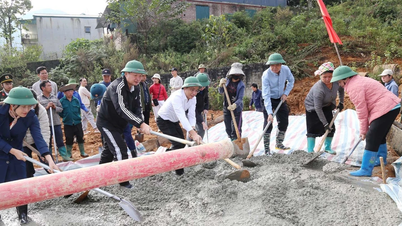
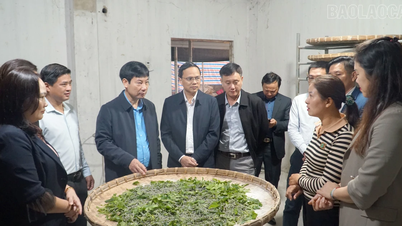








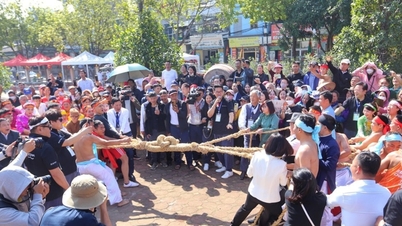


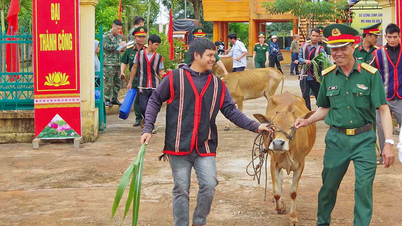







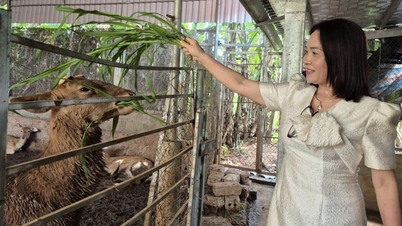





















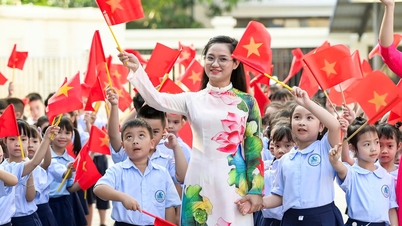



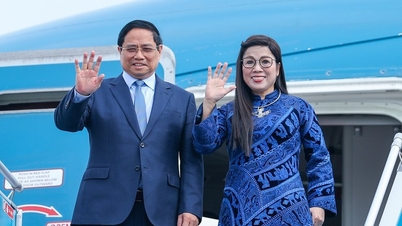

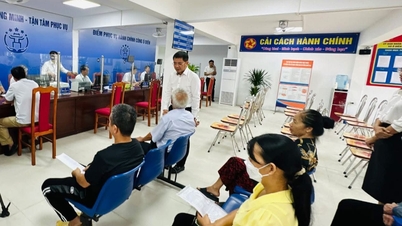
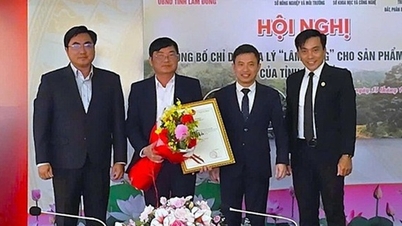



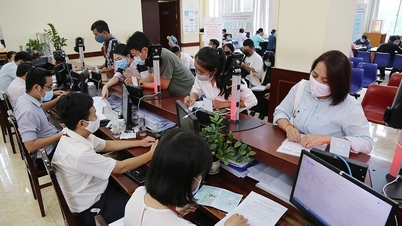




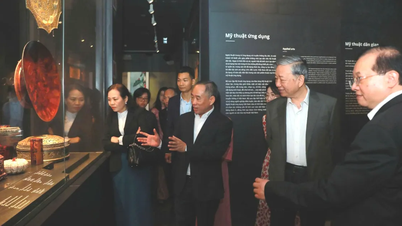
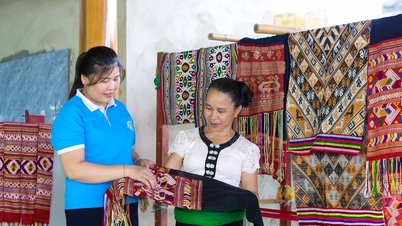










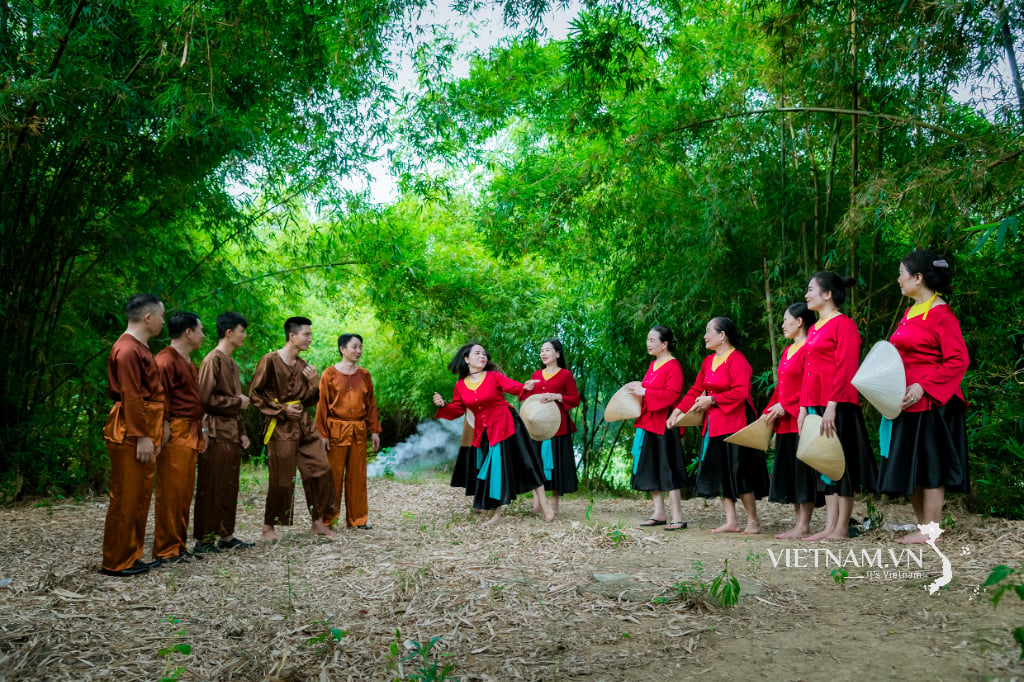



Comment (0)